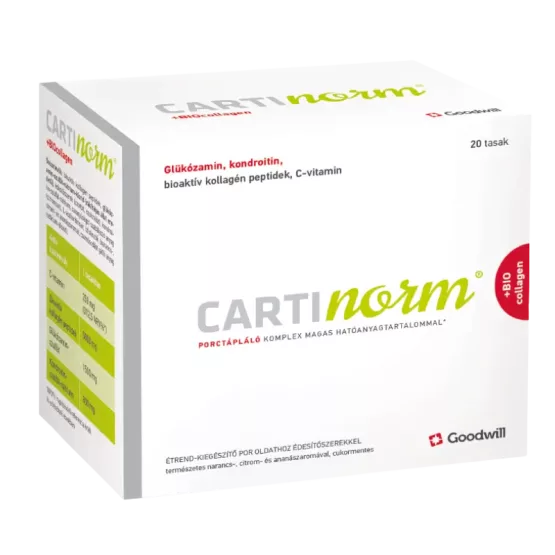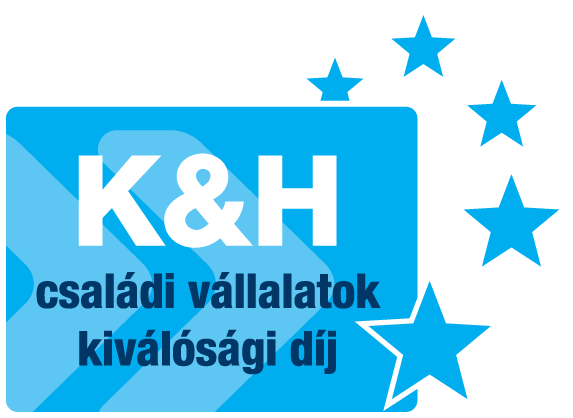Did you know that you can be dehydrated while drinking a lot?
Many people know that water plays an extremely important role in the human body, making up a large percentage of our body’s water. But far fewer people know that the right amount of electrolytes is also essential for our body to function properly.
Summer is a time for travel and active sports. Sweating increases not only during exercise but also because of the summer heat. Whether you’re sunbathing on the beach, hiking or training for a marathon, you need to make sure you stay hydrated. Drinking water without electrolytes, however, replaces fluid losses but further dilutes the ions in our bodies, which can lead to problems. If these are not replenished properly, the body’s ability to retain water is compromised and dehydration can occur, just as it would if we did not drink enough water.
What are electrolytes?
Electrolytes are minerals dissolved in body fluids that have an electrical charge. The main electrolytes in our bodies are positively charged sodium, potassium, calcium and magnesium and negatively charged chloride ions. Many functions within the body depend on the correct amounts and proportions of these. In addition to keeping our body fluid levels in balance, they play a significant role in the functioning of the nervous system, muscle contraction, optimisation of blood pressure and the maintenance and proper functioning of the balance of processes within the body, and are therefore vital for optimal internal body function.
What happens when the balance is upset?
Water and electrolyte requirements are influenced by physical activity (exercise), its level and intensity, weather and environmental factors, age, gender and individual characteristics (sweating rate). A lack of essential minerals can cause disturbances in the functioning of the human body. Often, even though we may feel healthy, we may experience a number of unpleasant symptoms: discomfort, headaches, irritability, nausea or even vomiting, leg cramps that can interfere with our rest and comfort at night. These complaints may also be due to a lack of certain electrolytes.
Potassium
Potassium works closely with sodium and chloride to maintain fluid balance and cellular homeostasis, as well as nerve transmission. Potassium is used by muscle contraction during the utilisation of glycogen in muscle and is excreted in the urine or sweat. Low levels of potassium are called hypokalemia and symptoms include muscle fatigue, weakness, drowsiness, confusion or irregular heartbeat.
Calcium
Bones are our body’s largest stores of calcium, but calcium in body fluids is also essential for the proper functioning of our physiological processes. It plays an important role in neuromuscular (nerve-muscle) conduction, muscle contraction, inter- and intracellular (between and within cells) signalling and also contributes to glycogen metabolism. Significant amounts of calcium can be lost during sweating, and the acute symptoms of hypocalcaemia (low calcium) are muscle twitches or cramps during exercise, as well as intestinal disorders, confusion, tingling in the fingers and toes.

Magnesium
Magnesium is the fourth most abundant mineral in our bodies. Half of the amount in the body is found in bones, the other half is mainly found in the cells of tissues and internal organs and is required for more than 300 biochemical reactions in our body. It helps to maintain normal muscle and nerve function, is essential for the heart to function properly, supports the immune system and helps to maintain normal bone and teeth. It is also involved in the regulation of blood sugar, blood pressure and energy balance. Reduced intake can lead to the unpleasant symptoms described above.
The daily requirement for an adult human is roughly 300-400 mg, but this can be more in the case of increased sweating (sports, hot weather). Only 30-40% of magnesium from food intake can be absorbed, so it is important to ensure adequate supplementation from other sources. Magnesium supplements come in many forms, but many have low absorption and bioavailability, which reduces their effectiveness. The most common formulations on the market contain inorganic magnesium oxide, but the organic salt forms (glycinate, citrate and gluconate) are more efficiently absorbed than the inorganic forms, are not affected by stomach acid and cause fewer intestinal complaints.
Recommended for you
-
 Cartinorm® + BIOcollagen 20x€39.20
Cartinorm® + BIOcollagen 20x€39.20 -
 Magnewill Rapid 375 mg 20x€14.90
Magnewill Rapid 375 mg 20x€14.90







